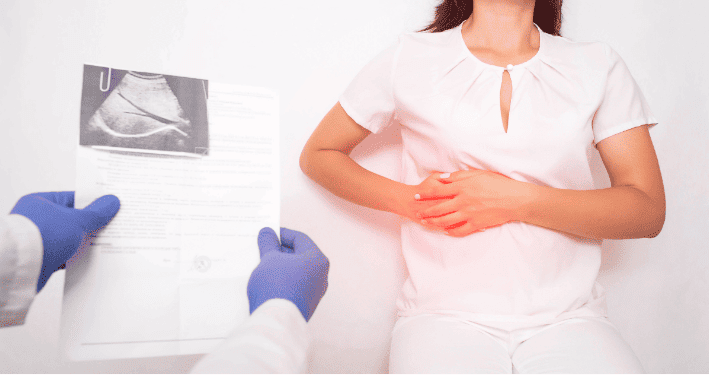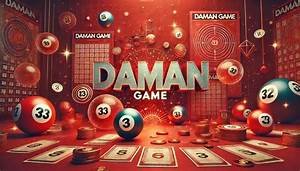Gallbladder attacks can be a painful and unsettling experience, often leaving people unsure of what steps to take next. Whether you’re experiencing sharp pain in your abdomen or have other troubling symptoms, understanding when to go to hospital for gallbladder attack is essential for your health and well-being. In this blog, we will explore the key signs that indicate it might be time to seek medical help, along with some insights on how the ER of Dallas can assist you during a gallbladder emergency.
What is a Gallbladder Attack?
Before we dive into the signs, it’s important to understand what a gallbladder attack is. The gallbladder is a small organ located under your liver that stores bile, which is essential for digesting fats. When the gallbladder becomes inflamed or blocked by gallstones, it can cause sharp pain in the abdomen, known as a gallbladder attack. These attacks can range from mild to severe, and the symptoms may vary from person to person.
1. Severe Abdominal Pain
One of the most common and noticeable symptoms of a gallbladder attack is severe abdominal pain, often referred to as a “gallbladder attack pain.” This pain typically occurs in the upper right part of the abdomen, but it can also radiate to the back or the right shoulder. The pain can start suddenly and may last for several minutes or hours. If the pain is intense, persistent, or doesn’t improve with over-the-counter pain relievers, it’s a strong indication that you need to know when to go to hospital for gallbladder attack.
If the pain is so severe that you can’t function or breathe properly, it’s best to head straight to the ER of Dallas or the nearest emergency department.
2. Nausea and Vomiting
Along with severe abdominal pain, nausea and vomiting are common during a gallbladder attack. These symptoms can be debilitating and may make you feel extremely unwell. While nausea and vomiting can occur with many medical conditions, when they are accompanied by intense abdominal pain, it’s a sign that the gallbladder might be inflamed or infected. If nausea and vomiting are persistent or severe, and you can’t keep fluids down, this is another clear indication that you should go to the hospital.
3. Fever and Chills
A fever is often a sign of infection, and when a gallbladder attack is accompanied by fever and chills, it can indicate a more serious condition like cholecystitis (inflammation of the gallbladder). Cholecystitis can develop when the gallbladder becomes infected due to a blockage. If you experience a fever with a gallbladder attack, it’s essential to seek medical attention immediately.
In this case, you should contact the ER of Dallas or another nearby emergency facility as soon as possible, as untreated cholecystitis can lead to complications like a ruptured gallbladder, which can be life-threatening.
4. Yellowing of the Skin or Eyes (Jaundice)
Jaundice is characterized by yellowing of the skin and the whites of the eyes, and it occurs when there is a build-up of bilirubin (a yellow pigment in bile) in the body. If a gallbladder attack leads to a blockage in the bile duct, bile can accumulate in the bloodstream, causing jaundice. This condition can be a sign of a serious issue, such as a blocked bile duct or an infected gallbladder, which requires urgent medical treatment.
If you notice the appearance of jaundice, it is critical to seek medical care right away. A visit to the ER of Dallas can provide you with the necessary tests and treatments to address the root cause of jaundice and prevent complications.
5. Changes in Urine or Stool Color
Changes in the color of your urine or stool can be another red flag of a gallbladder problem. Dark, amber-colored urine and pale, clay-colored stool are often signs of a bile duct obstruction. When the gallbladder is not able to release bile properly, it can affect digestion and cause these color changes. If you experience these symptoms along with the other signs of a gallbladder attack, it’s important to consult a healthcare professional immediately.
6. Shortness of Breath or Chest Pain
If you experience chest pain or shortness of breath along with a gallbladder attack, it may indicate that the situation is more serious. While these symptoms can sometimes be related to heart conditions, they may also indicate a gallbladder infection that has spread to other areas of the body. A blocked gallbladder or a rupture can sometimes cause pain to radiate into the chest, making it important to differentiate between heart-related issues and gallbladder problems.
If you feel short of breath or experience chest pain, when to go to hospital for gallbladder attack becomes urgent. Call emergency services or go directly to the nearest hospital, such as the ER of Dallas, for immediate evaluation.
7. Persistent or Increasing Pain After Eating
Many people with gallbladder issues notice that their symptoms worsen after eating, particularly after consuming fatty or greasy foods. If you experience persistent pain after meals that lasts longer than usual or increases in intensity, it could be an indication that your gallbladder is in distress. If this pain doesn’t subside after a few hours, or if it becomes progressively worse, it’s a sign that you should seek medical attention. A gallbladder attack may be in progress, and timely medical care can prevent further complications.
Conclusion
Understanding when to go to hospital for gallbladder attack is vital for your health and safety. Gallbladder attacks can vary in severity, but certain symptoms—such as severe abdominal pain, fever, jaundice, and changes in urine or stool color—are signals that medical intervention is needed. If you’re ever unsure about the severity of your symptoms, it’s always better to err on the side of caution and seek medical help.
The ER of Dallas and other emergency facilities are equipped to handle gallbladder emergencies, providing the necessary care and treatment to address the issue quickly. Always listen to your body, and if something doesn’t feel right, don’t hesitate to get checked. Early intervention can make a significant difference in your recovery and prevent more serious complications down the line.
For More Blogs Please Visit: empireadda.



